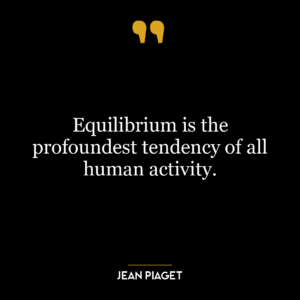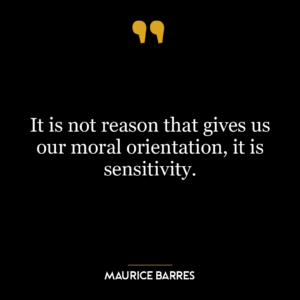This quote suggests that history, as a record of human actions and decisions, encompasses every conceivable act of wisdom or folly. It implies that mankind, in its long journey through time, has attempted every possible form of behavior, from the noblest to the most absurd. Jung believes that there is no such thing as an ‘unprecedented’ act of folly – it has all happened before, in one form or another.
The quote also underscores the cyclical nature of history and human behavior. It suggests that humans, despite their progress and evolution, are bound to repeat the same mistakes and follies over and over again. This is because, according to Jung, the capacity for folly is inherent in human nature and is as timeless as history itself.
Applying this idea to today’s world, we can observe that many of the challenges we face have historical precedents. For instance, the political, social, and economic upheavals we experience have all occurred in the past in different forms. By studying history, we can gain valuable insights into these issues and possibly find solutions to them. However, the quote also warns us that we are prone to repeating the same follies unless we learn from our past.
In terms of personal development, this quote can be a reminder that we are all capable of making mistakes, regardless of our wisdom or experience. It encourages self-awareness and humility, reminding us that we are not immune to folly. At the same time, it also implies that we have the capacity to learn from our follies and grow as individuals. Just as history is capable of anything, so are we.












